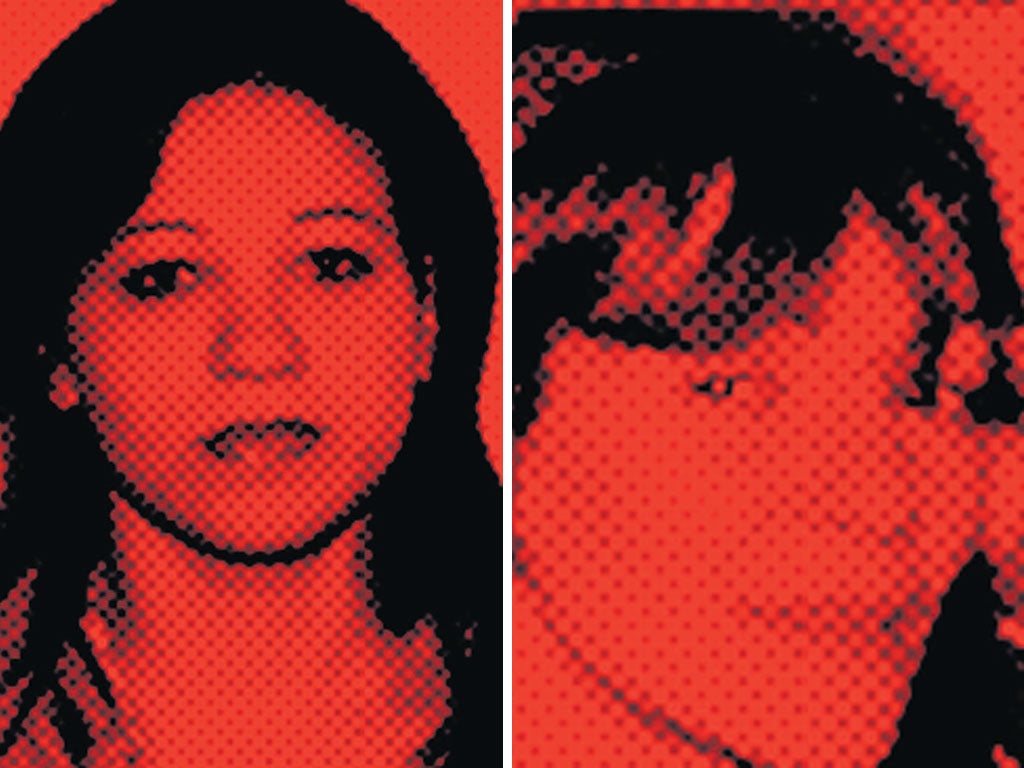Italian judge removes children from mafia families following suicides of mothers who turned against Calabria's ‘ndrangheta mob

The horror of mafia wife Maria Concetta Cacciola’s final days shocked even a country where tales of mobsters’ cruelty are ten-a-penny.
In August 2010, she apparently decided that drinking a bottle of concentrated acid was preferable to the torture she was suffering at the hands of her mother, father and brother; the family with ‘ndrangheta ties from which she had tried but failed to escape.
As agony gave way to unconsciousness, the 31-year-old’s final thoughts may have been with her three young children. She couldn’t have known though, that the justice system would at least step in and do for them what it had failed to do for her; that is save them from the clutches of the mob.
An appeals court in Calabria, the southern region where ‘ndrangheta is based, has rejected the grandparents’ calls for the children to be returned to the family home in Rosarno. Instead they will remain in care, in a secret location outside Calabria.
Judges ruled that the three children of Ms Cacciola had been “used by grandparents as an instrument of blackmail”, in order to force her to return home after she turned informant and fled to the north of Italy in the hope of beginning a new life, as The Independent reported earlier this year.
The original decision to remove the Cacciola children from their family after the death of their mother was made by the Reggio Calabria children’s court as part of a new strategy to save young people from a life of crime.
The Corriere della Sera newspaper today said the case of Cacciola children and others like it were being felt like an “earthquake” by the close-knit Calabrian crime syndicate, which is generally considered the most powerful and violent of all the Italian mafia groups.
In ‘ndrangheta society, children are expected to honour the family traditions and do their parents' bidding. But in upholding the juvenile court’s decision, the appeal judges spoke of the “urgent need to remove the three children from the family setting permeated by “underworld values”, “tribal” loyalties and a distorted sense of honour and respect.
One of the judges leading the efforts to free children for the clutches of ‘ndrangheta families, Roberto di Bella, has in his previous job as a state prosecutor investigated around 50 mob-related murders committed by juveniles. Many of the young offenders are now serving life sentences in solitary confinement.
Laura Garavini, a Democratic Party MP and a member of the parliamentary anti-mafia commission, said the decision to remove children from their family was “one of the most difficult a judge has to make”. But she added: “In the case of the children of Maria Cacciola it seems to me well-founded.
“The father and mother had no compunction about using the children to force Maria to return to Calabria and with even more vehemence apply the kind of pressure that made her commit suicide.”
But Ms Garavini said more thought still needed to be given to children of mafia families involved in the criminal justice system. She is calling on the interior ministry to ensure that authorities allow female informants to take their young children when they go into hiding.
Maria Cacciola returned to what would be the scene of her death in order to see her children. In another recent and notorious case, the informer Lea Garofalo met with her killer because the state was paying him the child-support she needed for their daughter’s higher education. “Both of these horrible deaths could have been avoided if the state had supported them as mothers of young children within the witness protection programme,” according to Ms Garavini.
Subscribe to Independent Premium to bookmark this article
Want to bookmark your favourite articles and stories to read or reference later? Start your Independent Premium subscription today.

Join our commenting forum
Join thought-provoking conversations, follow other Independent readers and see their replies